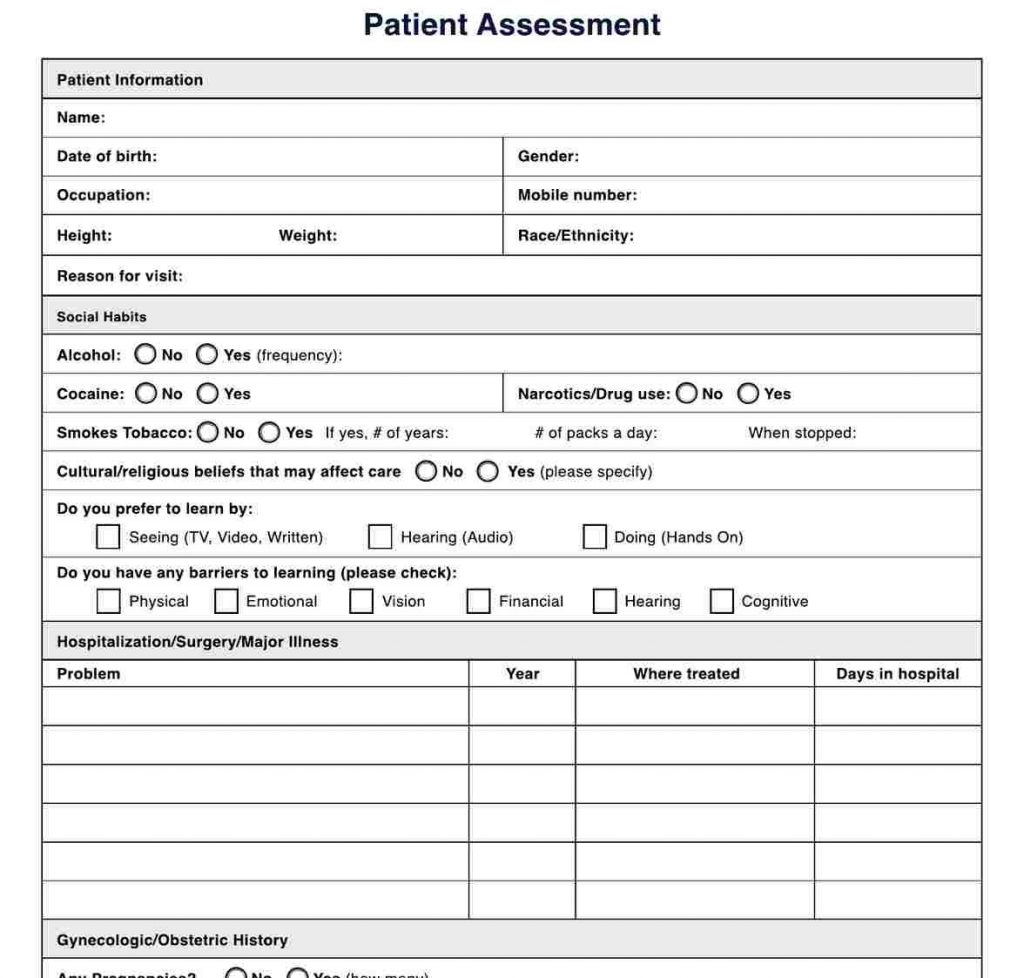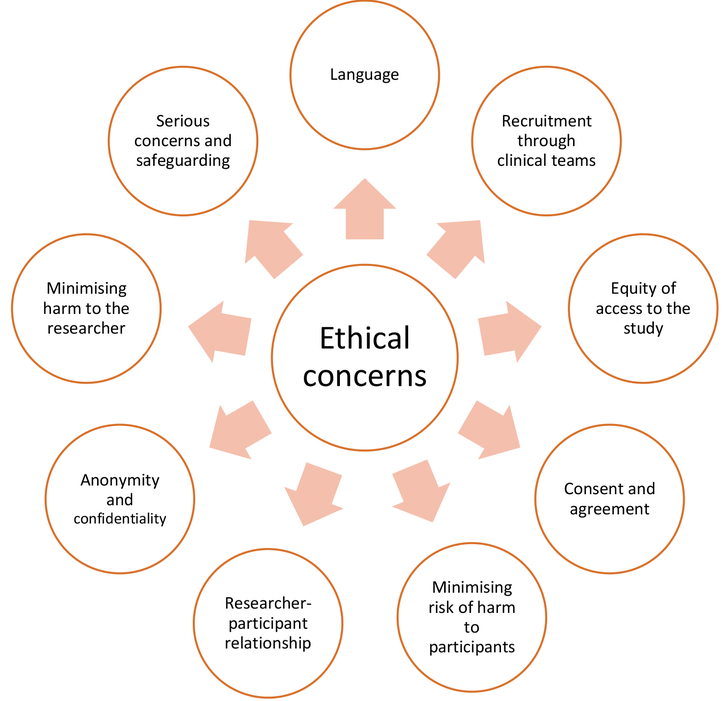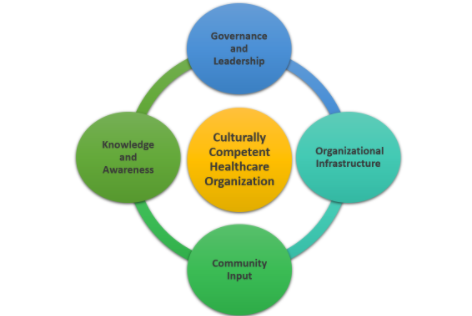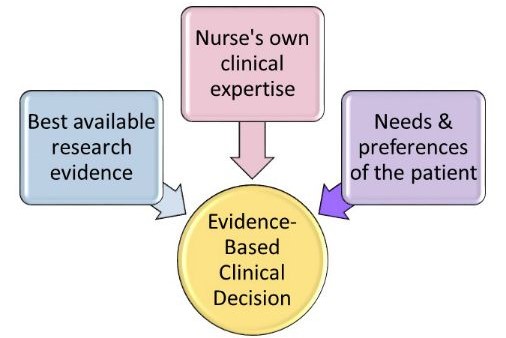The nursing case study is a powerful tool for learning, reflection, and professional development. It allows nurses to delve deeper into complex patient situations, analyze their own actions, and consider alternative approaches. A well-crafted nursing case study can serve as a valuable resource for colleagues, students, and researchers, illuminating best practices and highlighting the multifaceted nature of patient care.
However, writing an outstanding nursing case study requires more than simply recounting a patient encounter. It demands meticulous attention to detail, thoughtful analysis, and a clear understanding of the key elements that make a nursing case study truly compelling.
This article will explore the best strategies for crafting an outstanding nursing case study that captivates readers, sparks critical thinking, and leaves a lasting impact.
Strategies for Crafting an Engaging Nursing Case Study
1. Choose a Compelling Case:
The foundation of successful nursing case study writing lies in the selection of an impactful case. The case should be interesting, relevant, and potentially challenging. Consider these factors:
- Relevance to nursing practice: Choose a case that reflects common clinical scenarios, challenging nursing skills, or addresses current healthcare issues.
- Complexity and depth: Cases involving multiple diagnoses, ethical dilemmas, or unique patient needs offer a greater opportunity for analysis and reflection.
- Patient-centered approach: The nursing case study should prioritize the patient's experience and perspective, highlighting their individual needs, values, and preferences.
2. Gather Comprehensive Data:
Once a case is chosen, the next step is to gather detailed and accurate data. This involves:
- Thorough patient assessment: Collect all relevant patient information, including medical history, physical assessment findings, laboratory results, and social determinants of health.

- Detailed documentation of interventions: Document all nursing interventions, including medications, treatments, procedures, and patient education.
- Recording patient responses: Monitor and document the patient's responses to interventions, including both positive and negative outcomes.
- Collecting data from other healthcare professionals: Seek input from other healthcare team members, such as physicians, pharmacists, and social workers, to gain a comprehensive understanding of the patient's care.
3. Construct a Narrative Framework:
A compelling nursing case study goes beyond simply presenting facts; it weaves a narrative that engages the reader and provides a framework for analysis. Consider these narrative elements:
- Start with a hook: Begin with an intriguing statement or question that grabs the reader's attention and sets the stage for the case.
- Establish a clear timeline: Present the events in a chronological order, providing context and clarity.
- Utilize descriptive language: Use vivid descriptions to paint a picture of the patient's situation, their physical and emotional state, and the atmosphere of the care setting.
- Emphasize the patient's perspective: Integrate the patient's voice into the narrative by quoting their statements, describing their concerns, and reflecting on their experiences.
4. Analyze the Case:
The analysis section of the nursing case study is where you delve into the complexities of the case and demonstrate your critical thinking skills. This includes:
- Identifying key nursing issues: Analyze the patient's needs and challenges, focusing on those that require nursing expertise.
- Applying nursing knowledge and theory: Link the patient's situation to relevant nursing concepts, theories, and frameworks.
- Evaluating the effectiveness of interventions: Critically analyze the nursing interventions employed, considering both their positive and negative impacts.
- Exploring alternative approaches: Discuss potential alternative approaches to care, considering evidence-based practices and ethical considerations.
- Identifying learning points: Highlight the key lessons learned from the case, emphasizing the areas for improvement and future considerations.
5. Present a Clear and Convincing Argument:
The analysis section of a nursing case study should present a clear and convincing argument that supports your conclusions and recommendations. Use evidence from the case, research, and clinical practice to support your claims. Ensure that your arguments are logical, well-structured, and free from bias.
6. Consider Ethical Implications:
Every nursing case study has ethical implications that should be carefully considered. This includes:
- Patient confidentiality: Ensure that all patient information is kept confidential and that the case does not reveal any identifying details.
- Informed consent: If the nursing case study includes patient quotes or specific details, ensure that informed consent was obtained.
- Beneficence and non-maleficence: Analyze the ethical considerations of the case, highlighting the principles of beneficence (acting in the patient's best interest) and non-maleficence (avoiding harm).
- Justice and equity: Consider the case within the context of broader societal issues, such as access to healthcare, healthcare disparities, and ethical challenges related to resource allocation.

7. Structure and Formatting:
A well-structured nursing case study enhances readability and clarity. Consider the following format:
- Title page: Include a concise and informative title that reflects the central theme of the case.
- Introduction: Briefly introduce the case and its significance.
- Patient history and assessment: Present a detailed overview of the patient's background and current status.
- Interventions and care plan: Describe the nursing interventions provided and the rationale behind them.
- Patient outcomes: Document the patient's response to interventions, including both positive and negative outcomes.
- Analysis and reflection: Provide a comprehensive analysis of the case, discussing key nursing issues, relevant theories, and learning points.
- Conclusion: Summarize the key findings and recommendations for future practice.
- References: Cite all sources using a consistent referencing style.
8. Writing Style and Tone:
The writing style of a nursing case study should be clear, concise, and objective.
- Avoid jargon: Use plain language and avoid technical terms that may not be understood by a general audience.
- Maintain a professional tone: Avoid using slang, colloquialisms, or overly informal language.
- Use correct grammar and punctuation: A well-written nursing case study demonstrates your attention to detail and commitment to professional communication.
- Stay focused: Ensure that every sentence and paragraph contributes to the overall narrative and analysis of the case.
9. Peer Review and Feedback:
Before finalizing your nursing case study, it's essential to seek feedback from peers, mentors, or faculty members.
- Obtain objective perspectives: A fresh set of eyes can help identify areas for improvement and ensure that the nursing case study is clear, concise, and well-organized.
- Incorporate feedback thoughtfully: Consider all feedback received and make necessary revisions to strengthen the case study.
10. Share Your Work:
Once your nursing case study is complete, consider sharing it with a wider audience.
- Submit to professional journals: Publishing your nursing case study in a peer-reviewed journal can contribute to the body of nursing knowledge and enhance your professional profile.
- Present at conferences: Sharing your nursing case study at professional conferences allows you to engage with other nurses, share your insights, and receive valuable feedback.
- Share within your institution: Present your nursing case study to colleagues, students, or preceptors within your institution to promote learning and professional development.
Examples of Compelling Nursing Case Study Topics
Here are 10 examples of compelling nursing case study topics that can spark critical thinking and showcase the complexities of nursing practice:
1. Managing Complex Chronic Conditions:
- Case Study: A patient with multiple sclerosis navigating the challenges of mobility, pain management, and psychosocial well-being.
- Focus: Examining the holistic care provided by nurses, including medication management, physical therapy, emotional support, and advocacy for access to resources.
2. Ethical Dilemmas in End-of-Life Care:
- Case Study: A terminally ill patient with conflicting family wishes regarding life-sustaining treatment and the nurse's role in advocating for the patient's autonomy.
- Focus: Exploring ethical principles like autonomy, beneficence, and non-maleficence in the context of end-of-life decision-making.
3. Addressing Health Disparities:
- Case Study: A pregnant adolescent from a low-income neighborhood facing challenges with prenatal care, access to nutrition, and social support.
- Focus: Analyzing the impact of social determinants of health on patient outcomes and the role of nurses in advocating for equitable access to healthcare.
4. Navigating Cultural Sensitivity in Care:
- Case Study: A patient from a different cultural background with unique beliefs and practices regarding pain management and end-of-life rituals.
- Focus: Exploring how nurses adapt their care practices to respect cultural diversity and provide culturally competent care.

5. Utilizing Technology in Patient Care:
- Case Study: A patient with a chronic illness using telemedicine for remote monitoring, medication management, and communication with healthcare providers.
- Focus: Examining the benefits and challenges of implementing technology in patient care and the role of nurses in promoting patient safety and efficacy.
6. Managing Acute Mental Health Crises:
- Case Study: A patient experiencing an acute psychotic episode requiring immediate crisis intervention and psychiatric care.
- Focus: Analyzing the role of nurses in de-escalating crisis situations, providing emotional support, and coordinating patient care with mental health professionals.
7. Promoting Patient Safety in High-Risk Environments:
- Case Study: A patient in the intensive care unit at risk for complications like sepsis or ventilator-associated pneumonia.
- Focus: Investigating the implementation of evidence-based practices, such as hand hygiene protocols, medication reconciliation, and early identification of deterioration, to ensure patient safety.
8. Addressing Substance Use Disorders:
- Case Study: A patient recovering from opioid addiction seeking support and guidance from nurses during their recovery journey.
- Focus: Examining the nurse's role in providing compassionate care, facilitating access to treatment resources, and promoting harm reduction strategies.
9. Integrating Evidence-Based Practice:
- Case Study: A patient with a pressure ulcer requiring evidence-based wound care strategies.
- Focus: Demonstrating the importance of utilizing research findings to guide clinical practice and improve patient outcomes.

10. Empowering Patients Through Education and Self-Management:
- Case Study: A patient with diabetes learning self-monitoring techniques, medication management, and healthy lifestyle changes to manage their condition.
- Focus: Highlighting the role of nurses in providing patient education, promoting self-efficacy, and enabling patients to take an active role in managing their health.
These case study topics offer a starting point for nurses to explore compelling narratives that showcase the diverse and challenging aspects of the nursing profession. Remember to choose a topic that sparks your interest and allows you to demonstrate your knowledge, critical thinking skills, and commitment to patient-centered care.
Crafting an outstanding nursing case study requires a meticulous approach, encompassing a compelling case, comprehensive data gathering, a clear narrative framework, rigorous analysis, and ethical considerations. By following the strategies outlined in this article, nurses can develop nursing case studies that serve as valuable learning tools, promote critical thinking, and contribute to the advancement of nursing practice. Remember, a well-written nursing case study is more than just a document; it is a powerful instrument for sharing knowledge, fostering reflection, and improving patient care.
Get Professional Nursing Case Study Writing Assistance
Writing an engaging nursing case study can be a challenging endeavour even with all the above insights. However, you can easily avoid all that with professional nursing case study help from Exemplary Dissertations. We can help you with choosing a compelling topic, writing the paper, proof reading and editing, and plagiarism check and removal. Our writers can also help you with writing nursing research papers, essays and dissertations.
[/et_pb_text][/et_pb_column] [/et_pb_row] [/et_pb_section]